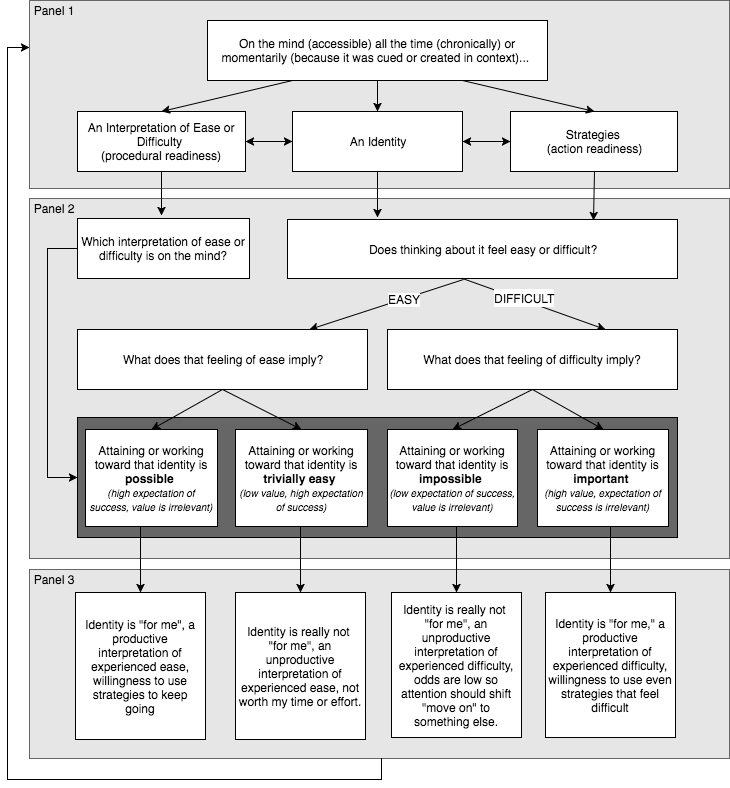On page 30 of Atomic Habits, James Clear discusses the importance of changing one’s identity to develop new habits. For example, simply saying ‘I am a reader’ instead of ‘I want to read more’ makes a massive difference in motivating us to read more books.
This is backed up by a social psychology theory called Identity-Based Motivation (IBM). Humans look for meaning in everything they do. It is believed that there is motivational power in our identities. People will see actions that confirm to their identities as important and meaningful. Performing these activities, in turn, strengthens our identities - until a virtuous circle is formed and a habit is developed, which puts us into autopilot mode in such contexts, even when we don’t feel like doing it. The good news is that we construct our identities based on context. We can change our identities deliberately to trick ourselves into desired behaviour change.
I always saw myself as a gamer. I have owned every single gaming counsel since the Atari 2600, and my gaming console collection is more extensive than an exhibition in Barbican Center. Such a strong identity inspired me to learn programming at a very young age. As I grew older, l no longer had time for gaming, but I kept collecting games. It took me a while to realise that I could no longer be a gamer, and that was the moment I felt okay not keeping up with all the gaming news, and the nostalgia dissipated soon after.
Changing identities deliberately doesn’t only help us develop or break habits. It builds confidence, too - the confidence needed to make seemingly impossible leaps. Amy Cuddy’s TED talk Fake it Until You Become It is one of my all-time favourites. Whenever impostor syndrome strikes, I would think about it. That talk conveys the same idea - you fake your identity and behave as if you own it until you internalise the idea and become that person.
